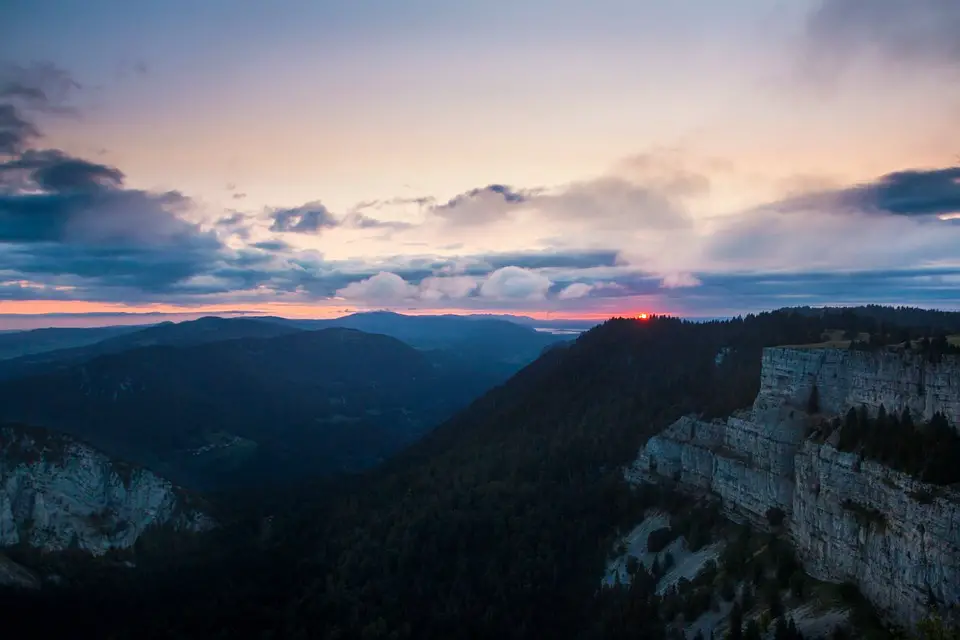Table of Contents
Introduction
In today’s fast-paced, technology-driven world, taking a break from the virtual realm and indulging in off the grid camping is becoming increasingly popular. Off the grid camping refers to disconnecting from the modern world by immersing oneself in nature with minimal or no access to electricity, Wi-Fi, or cellular networks. It is a chance to unwind, recharge, and reconnect with ourselves, our loved ones, and the beauty of the natural world around us. This article explores the allure and benefits of off the grid camping.
The Allure of Off the Grid Camping
Off the grid camping offers a unique and liberating experience. It allows us to break free from the constant distractions and notifications that accompany our digital lives. Instead, we can embrace the simple pleasures of life, such as the crackling sound of a campfire, the crisp evening air, or the awe-inspiring sight of a star-filled sky. The tranquility and solitude found in remote camping spots can be both grounding and invigorating, giving us the opportunity to reconnect with our inner selves.
Benefits for Mental and Physical Wellbeing
Off the grid camping also provides numerous benefits for our mental and physical wellbeing. Without the constant stimuli from electronic devices, our minds can find much-needed respite. We can fully immerse ourselves in the present moment, enhancing mindfulness and reducing stress levels. The lack of artificial light at night helps regulate our sleep patterns and promotes a sense of calmness. Additionally, the physical activities involved in camping, such as hiking, fishing, or swimming, provide an excellent form of exercise, improving our physical health.
Building Stronger Connections
Off the grid camping offers a prime opportunity to strengthen connections with our loved ones. With limited distractions, we can engage in meaningful conversations, play games, or simply enjoy each other’s company without the interruptions of technology. Sharing the experience of setting up a campsite, gathering firewood, or cooking meals together can create lasting memories and deepen bonds. It allows us to reconnect and forge stronger relationships away from the constant demands of modern life.
Preserving the Environment
Off the grid camping encourages an appreciation for nature and fosters responsible environmental practices. When we disconnect from modern conveniences, we rely on minimal resources and strive to leave minimal ecological impact. This can involve using biodegradable products, properly disposing of waste, and respecting wildlife and natural habitats. Being mindful of our surroundings and adopting sustainable practices during off the grid camping helps preserve the beauty of the outdoors for future generations.
Tips for Off the Grid Camping
If you’re considering embarking on an off the grid camping adventure, here are a few essential tips to enhance your experience:
- Plan and prepare adequately: Research your destination, pack appropriate gear, and ensure you have enough food and water supplies.
- Learn essential outdoor skills: Familiarize yourself with basic camping skills, such as setting up a tent, starting a fire, and navigating with a map and compass.
- Disconnect completely: Embrace the opportunity to disconnect from technology completely. Leave your electronic devices behind or turn them off to fully immerse yourself in the experience.
- Respect nature: Follow the principles of “Leave No Trace” by minimizing your impact on the environment. Leave your campsite as you found it and respect wildlife and vegetation.
- Be prepared for emergencies: Carry a first aid kit, know basic first aid procedures, and inform someone of your camping plans and expected return date.
FAQs
Q: How can I find off the grid camping spots?
A: Research online, consult guidebooks, or join outdoor enthusiast communities to discover off the grid camping spots. Consider contacting national parks or forestry offices for recommendations.
Q: What should I pack for off the grid camping?
A: Essential camping gear includes a tent, sleeping bag, cooking utensils, flashlight, extra batteries, clothing suitable for the weather, food, water, navigation tools, and a first aid kit.
Q: Is off the grid camping safe?
A: Off the grid camping involves inherent risks associated with being in remote locations. However, by adequately preparing, having the necessary skills, and being aware of potential dangers, you can minimize risks and enjoy a safe experience.
Q: Can I camp off the grid with children?
A: Camping off the grid with children can be a wonderful adventure. Ensure you choose appropriate camping spots, involve them in age-appropriate activities, and prioritize their safety and comfort.
Q: How long should I go off the grid camping?
A: The duration of off the grid camping depends on personal preferences and circumstances. It can range from a weekend getaway to an extended expedition. Start with shorter trips to acclimate to the experience before embarking on longer adventures.




